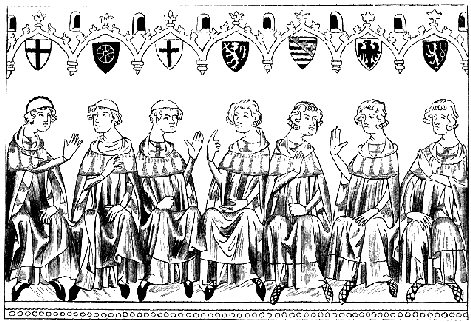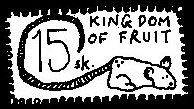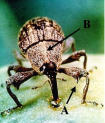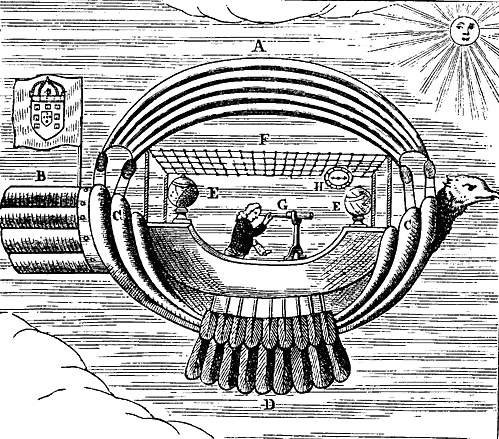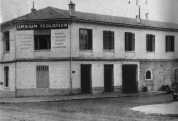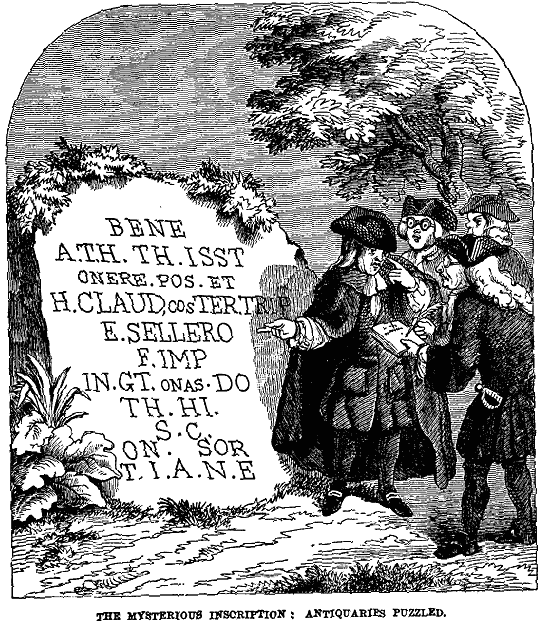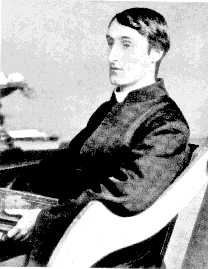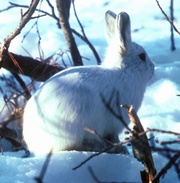Here is a recipe for your Christmas dinner, if you are planning on having one. It is taken from Dobson's pamphlet Some Things To Eat In The Bleak Midwinter.
Boiled Cormorant A La Dobson (for Malachy O'Neill)
This is a splendid and satisfying dish, easy to prepare, highly nutritious, and the enemy of indigestion. First, ensure your kitchen is free of verminous creeping things with hundreds of legs, suckers and antennae. Root them out and exterminate them. Gather the tiny corpses, place them in a paper bag, seal the bag with glue, carry it out of the house, and set fire to it. Do not go back indoors until every last speck has been consumed by the terrible flames. Now, back in the kitchen, take off your windcheater and your big black boots and wash your hands with carbolic soap. Cover your hairstyle, if you have one, with a clean rag fixed in place by an elastic band. You are ready to begin.
Take a freshly-slaughtered cormorant and place it on your work-surface. Vegetarians can substitute the bird with a pretend cormorant modelled in marzipan. I will not remind you of this point again. Pluck all the feathers off and put them in a grinder. Grind them to fine powder, and, using a funnel, pour the powder into a spare cruet. If there is a ring around the cormorant's neck, as there will be if it has been exploited by fisherfolk, carefully remove the ring and throw it away, unless it is old and decorative, in which case you may wish to pop it in an envelope and send it to Antiques Roadshow veteran Hugh Scully. But do that later, on Boxing Day.
Step two. Boil the cormorant.
While the bird is simmering away, prepare the sauce. Chop up into tiny bits four pomegranates, a plum, lots and lots of potatoes, sixteen bananas, another cormorant, some toffee apples and a choc ice. Place the tiny bits in a bowl and stir thoroughly, then get the funnel again and pour the contents of the bowl into the grinder. Adjust the setting to “moderately violent grinding” and switch it on for no more than ten seconds. Transfer back into the bowl. Add water up to the brim and stir. Do not on any account use tap water. You will ruin the recipe and end up with a bowl of inedible sludge unless you use the fantastically pure spring water drawn from the Mysterious Old Well at Pointy Town.
Drain any remaining water from the pan with the boiled cormorant in it, and tip the contents of the bowl in, making sure you do so in one swift movement. Ideally, it should sound like this - gloop gloop gloop…gloop. Now put the bowl down somewhere, bring the pan back to the boil and allow to simmer while you fry the cocktail sausages. They should be almost, but not quite, black.
You are nearly done. Take a large oval platter and make a bed of shredded lettuce, chives, spring onions, porridge oats, cream crackers and mayonnaise. Have another look around the kitchen to make sure no creepy-crawlies have appeared from any unhatched eggs you may have overlooked earlier.
Turn off the heat, and transfer the boiled cormorant and sauce on to the platter. Use a clean dishcloth to wipe around the edges in case any of the sauce is dribbling over the side. Take a Swiss Army knife out of your pocket, extract the sharpest blade, and, just in case the last time you used it was to dislodge a pebble from the sole of your boot, plunge it into boiling water to sterilise it. Very carefully slice the blade across the cormorant, as deep as you can, and put the knife down. Insert the cocktail sausages into the bird, then sew up the slit with edible butcher's string.
Try to remember where you left the spare cruet, and sprinkle the powdered cormorant feathers evenly over the dish. Add salt and pepper to taste. Serve.
I saw three ships come sailing in, but what did I care about ships? I wasn't hanging around in the dockyards because I wanted to look at ships. I am an entomologist, and I was here to trap boll weevils. I watched them scuttling out of sacks of flour being unloaded from one of the three ships, so I pounced on them with my nylon boll weevil net, and ferried them back to my lab.
I cackled as I assembled my equipment. How they glistened, my pincers and knives and scalpels and clamps and suction tubes and Petri dishes! Pulling on my lab coat, the white starched cotton splattered here and there with the blood of insects, I scampered like an excited puppy over to the Dansette and put on my favourite Ronnie Milsap LP. I like to listen to country music as I dissect boll weevils.
I was just sharpening one of my scalpels when the door of the lab burst open. Cursing that I had forgotten to lock it, I span round to find myself confronted by a trio of heavily-armed thugs. They were, to a man, huge, very frightening, and togged out in futuristic Robocop-like uniforms. Their helmets had been burnished to a gleam that I could only envy.
“Drop the scalpel, pigdog!” shouted one of them, loud enough to be heard over Ronnie Milsap. I froze, but managed to let the blade fall from my hand. It clattered on the linoleum. I do not approve of carpets or rugs in an insect laboratory.
A second thug snatched up from my work-bench the canvas bag in which I had put the boll weevils. He lifted the visor from his helmet and looked at me with snarling contempt. When he spoke, I was disconcerted by the fluting gentility of his tone.
“Never, ever, trap boll weevils as they scuttle out of our flour sacks on the dockside when three ships come sailing in,” he said.
Crushed and piteous, I began to mumble something, but he waved a gauntleted hand at me, and interrupted.
“If we ever catch you abducting our boll weevils again, we will do something unimaginably horrible to you,” he said, “So be warned.”
And with that, the three thugs swept out of the lab, slamming the door behind them. I took a napkin from my pocket and mopped my brow. I was shaking. Ronnie Milsap was singing. It was on the very same day that David Blunkett resigned as the Home Secretary.
Three boll weevils, David Blunkett, and a fourth boll weevil *


